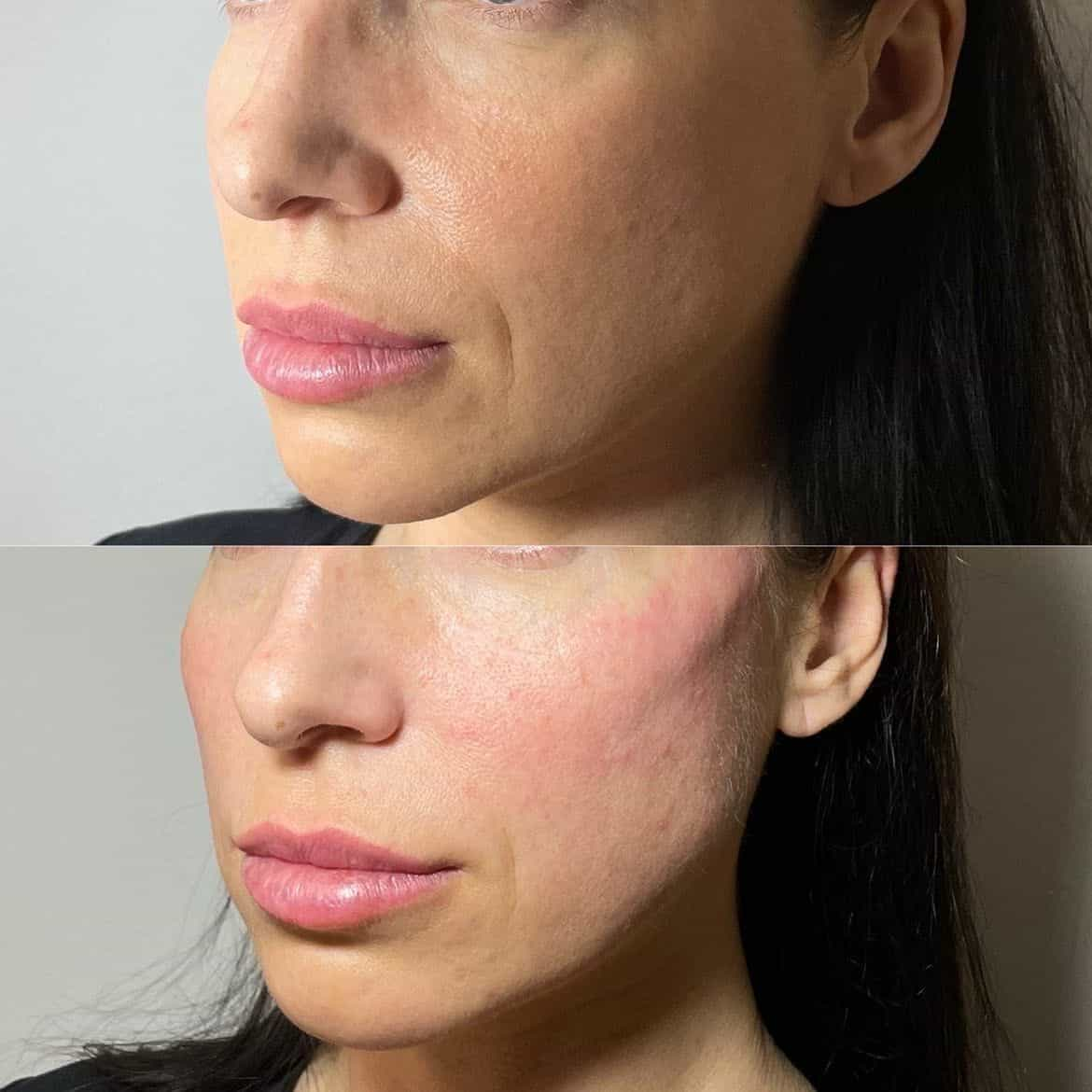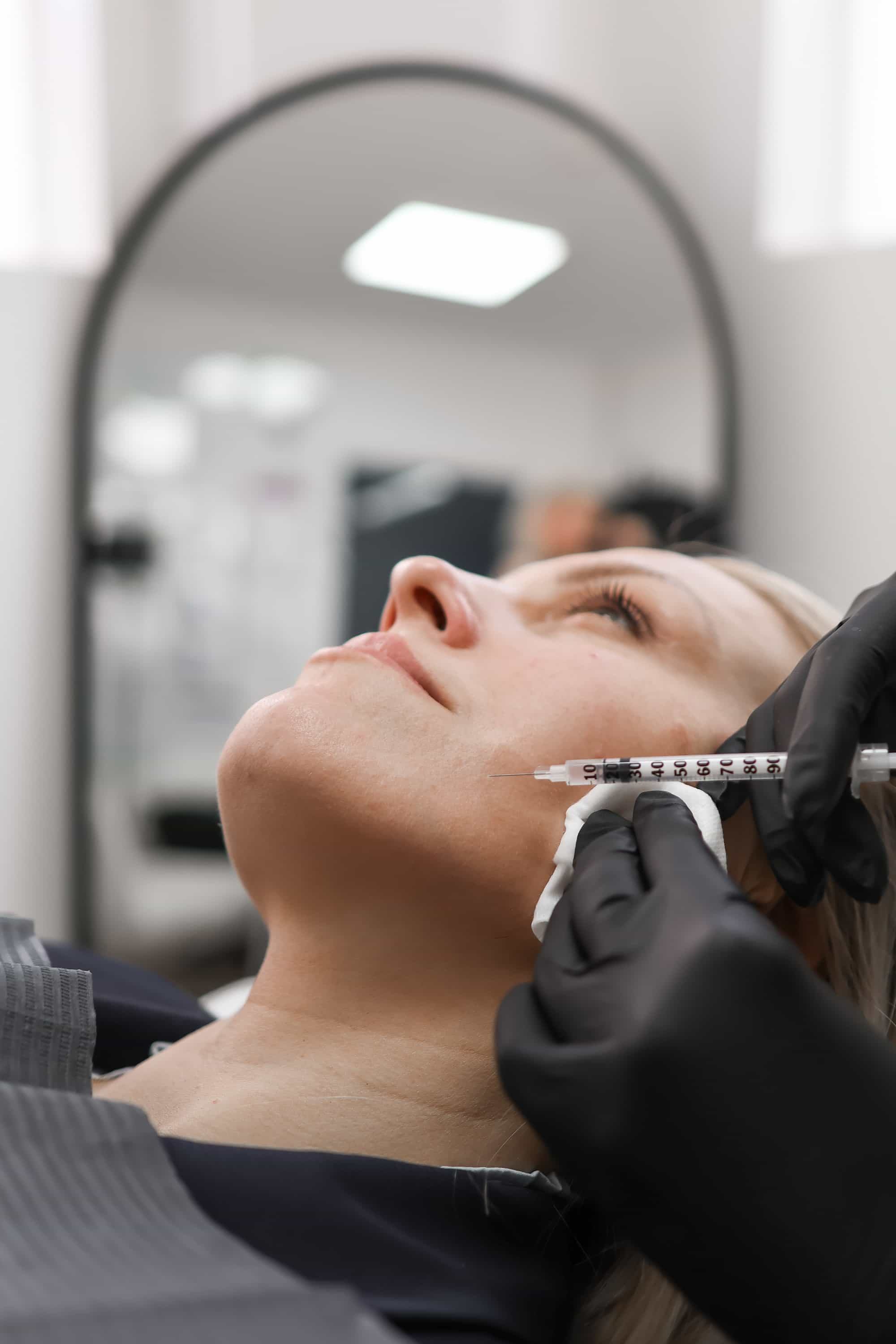Physical Effects

A downturned smile, also known as a “frown,” can have subtle yet powerful effects on how we perceive ourselves and are perceived by others. This facial expression, often associated with sadness or negativity, can influence our self-confidence and overall well-being.
Muscle Memory and Facial Expressions
A downturned smile, also known as a “frown,” can have subtle yet powerful effects on how we perceive ourselves and are perceived by others. This facial expression, often associated with sadness or negativity, can influence our self-confidence and overall well-being.
The physical act of frowning can actually trigger physiological changes in the body.
- Muscle memory plays a role, as repeated frowning can make it harder to smile naturally.
- Facial expressions are intrinsically linked to our emotions, so frowning can reinforce feelings of sadness or anxiety.
- Studies have shown that people who frown more often tend to report lower levels of happiness and self-esteem.
By becoming aware of your facial expressions and consciously choosing to smile more often, you can positively impact your confidence and overall outlook.
Body Language Interpretation
The physical act of frowning can actually trigger physiological changes in the body. Repeated frowning can make it harder to smile naturally because of muscle memory. Facial expressions are intrinsically linked to our emotions, so frowning can reinforce feelings of sadness or anxiety. Studies have shown that people who frown more often tend to report lower levels of happiness and self-esteem.
Psychological Impact
A downturned smile, also known as a “frown,” can have subtle yet powerful effects on how we perceive ourselves and are perceived by others. This facial expression, often associated with sadness or negativity, can influence our self-confidence and overall well-being.
Self-Perception and Confidence
Facial expressions profoundly impact our psychological well-being. A downturned smile, often perceived as a frown, can have a detrimental effect on self-perception and confidence.
The act of frowning itself can trigger physiological changes that reinforce negative emotions. Repeated frowning can lead to muscle memory, making it harder to smile naturally. This physical manifestation of sadness can further contribute to feelings of low self-esteem and anxiety.
Furthermore, others often interpret a downturned smile as a sign of negativity or unfriendliness, potentially leading to social isolation and reduced opportunities for positive interactions.
Social Perception and Interactions
A downturned smile, often perceived as a frown, can have a profound impact on our psychological well-being. It can negatively influence self-perception and confidence.

- The act of frowning can trigger physiological changes that reinforce negative emotions.
- Repeated frowning leads to muscle memory, making it harder to smile naturally.
- Others may interpret a downturned smile as negativity, leading to social isolation.
By being mindful of facial expressions and consciously choosing to smile, individuals can positively influence their self-confidence and overall outlook.
Addressing the Downturned Smile
A downturned smile, often perceived as a frown, can have a profound impact on our psychological well-being. It can negatively influence self-perception and confidence.
Identifying Triggers and Causes
Understanding the triggers and causes behind a downturned smile is crucial for addressing its negative impact on confidence.
Stress, anxiety, and depression are common contributors to frowning. When these emotions arise, the body instinctively reacts with physiological changes, including muscle tension in the face, leading to a downturned smile.
Negative thought patterns can also play a role. If someone constantly focuses on negative aspects of their life or has low self-esteem, they are more likely to express this negativity through facial expressions.
Furthermore, external factors like difficult relationships, work pressure, or societal expectations can contribute to the habit of frowning.
Recognizing these triggers allows individuals to take proactive steps towards managing their emotions and breaking the cycle of negative expression.
Modifying Facial Expressions
Understanding the triggers and causes behind a downturned smile is crucial for addressing its negative impact on confidence. Stress, anxiety, and depression are common contributors to frowning. When these emotions arise, the body instinctively reacts with physiological changes, including muscle tension in the face, leading to a downturned smile.
Negative thought patterns can also play a role. If someone constantly focuses on negative aspects of their life or has low self-esteem, they are more likely to express this negativity through facial expressions.
Furthermore, external factors like difficult relationships, work pressure, or societal expectations can contribute to the habit of frowning.

Recognizing these triggers allows individuals to take proactive steps towards managing their emotions and breaking the cycle of negative expression.
Building Confidence through Other Means
While a downturned smile can negatively impact confidence, building self-assurance doesn’t solely rely on altering facial expressions.
Focus on internal strengths and achievements. Acknowledge your skills, talents, and past successes.
Cultivate a positive mindset. Challenge negative thoughts and reframe them in a more constructive light. Practice gratitude for the good things in your life.
Set realistic goals and celebrate your accomplishments, no matter how small.
Engage in activities that bring you joy and boost your mood.
Surround yourself with supportive people who uplift and encourage you.
Remember, confidence is built from within.
Schedule a consultation with Dr. Laura Geige for expert smile care.
- How Retinol Peels Can Enhance Your Skin In Kingston Upon Thames - August 16, 2025
- How Obagi Nu-Derm System Transforms Skin In Kingston Upon Thames Surrey London - August 13, 2025
- How Nasolabial Fold Fillers Can Smooth Deep Wrinkles In Kingston Upon Thames - August 11, 2025
